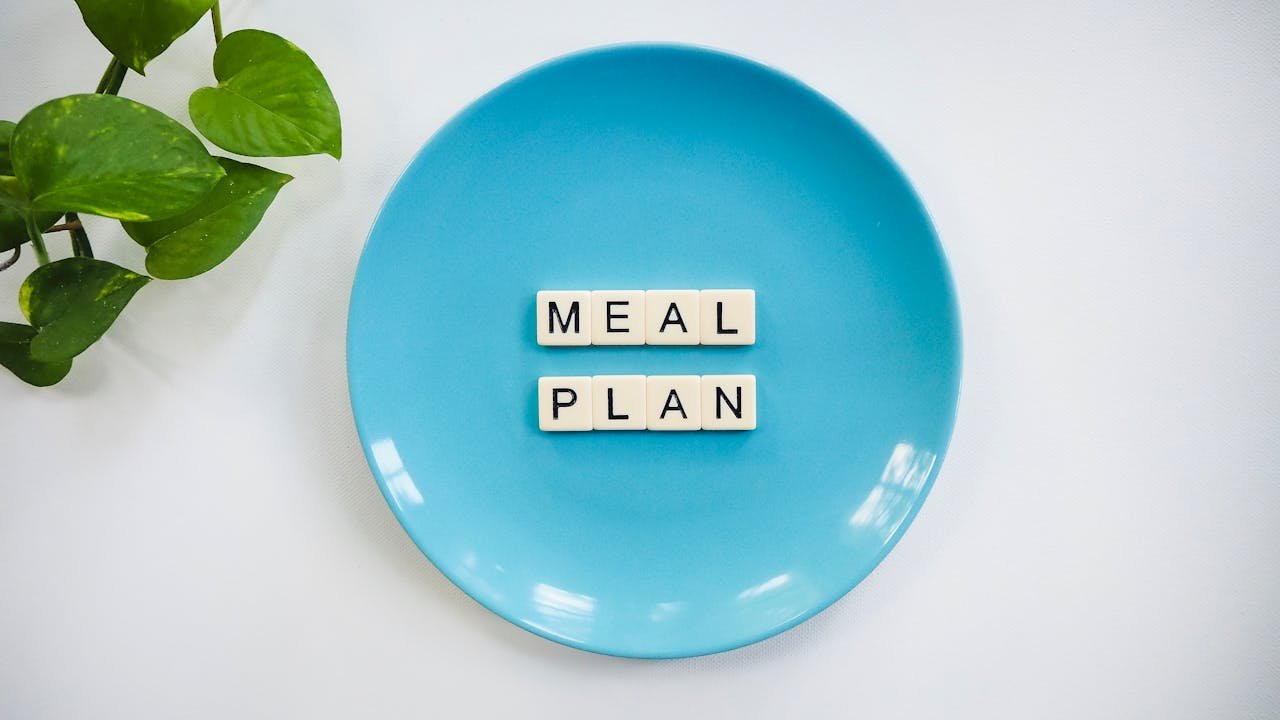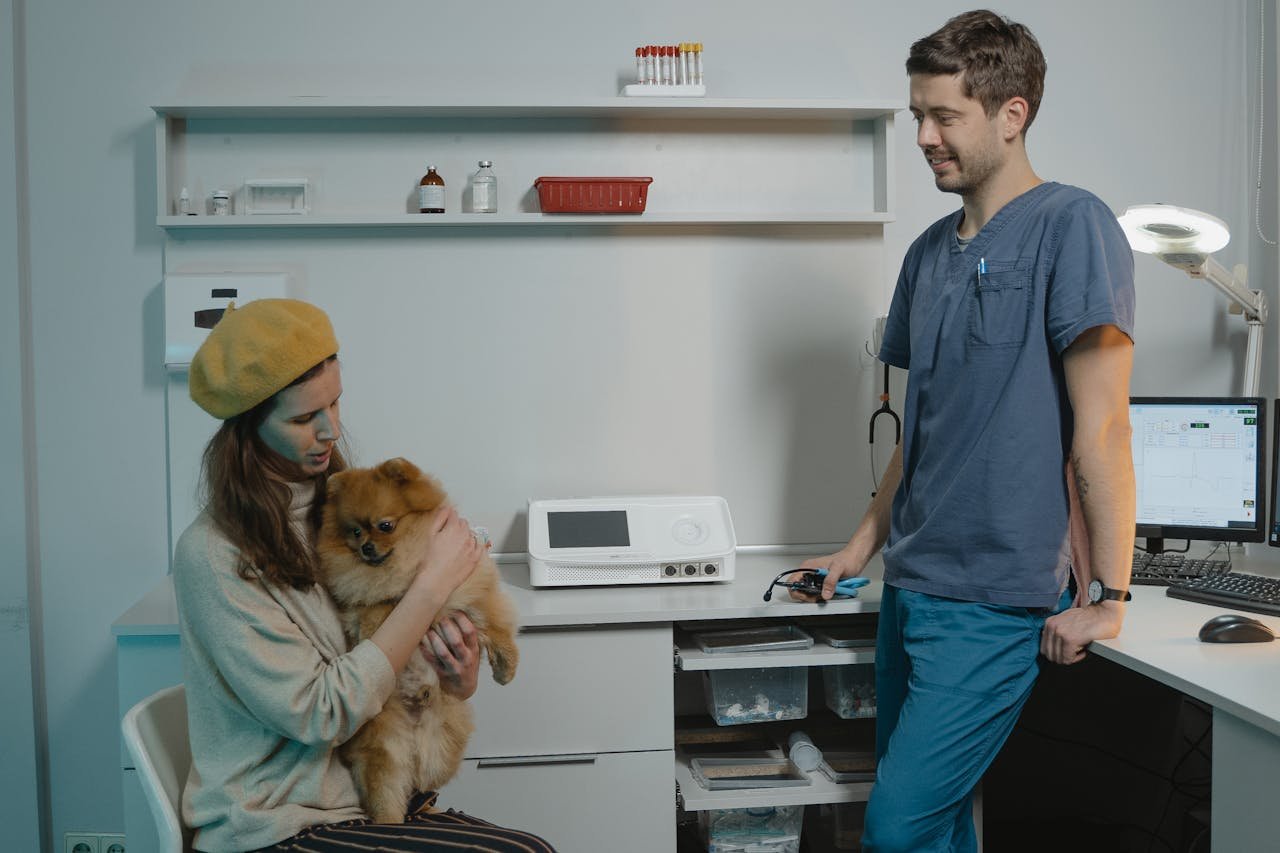The Importance of a Meal Plan for Elderly Dogs and the Advantages of Human-Grade Meals
As our beloved pets age, their nutritional needs undergo significant changes. Elderly dogs must have specialized diets to support their health, energy levels, and overall well-being. A notable trend in pet nutrition involves the use of human-grade meals, which are crafted from ingredients suitable for human consumption. This blog will thoroughly examine the necessity of a meal plan for elderly dogs and will showcase the advantages of integrating human-grade meals into their diet.
Understanding the Nutritional Needs of Elderly Dogs
Changes in Metabolism
As dogs age, their metabolism slows down, and they often become less active. This change means they require fewer calories to maintain a healthy weight. However, they still need a diet rich in essential nutrients to support their aging bodies.
Importance of Protein
Older dogs need high-quality protein to maintain muscle mass, support joint health, and promote overall vitality. Protein also plays a crucial role in maintaining a healthy immune system, which can weaken with age.
Joint and Bone Health
Diets containing omega-3 fatty acids, glucosamine, and chondroitin can help support joint health and reduce inflammation, common issues in elderly dogs.
Digestive Health
Digestive efficiency often decreases in older dogs, making it important to provide easily digestible food. Fiber is also crucial for maintaining digestive health and regular bowel movements.
Immune System Support
A strong immune system is vital for elderly dogs to fend off infections and illnesses. Antioxidants, vitamins, and minerals play a key role in supporting immune function.
The Importance of a Meal Plan for Elderly Dogs
Consistency and Routine
Elderly dogs thrive on routine. A consistent meal plan helps regulate their digestion and provides a sense of stability. Regular feeding times can also help manage their energy levels and prevent weight gain or loss.
Weight Management
Maintaining an optimal weight is crucial for elderly dogs to avoid additional strain on their joints and organs. A meal plan tailored to their caloric needs helps manage their weight effectively.
Balanced Nutrition
A structured meal plan ensures that elderly dogs receive a balanced diet with the right proportions of proteins, fats, carbohydrates, vitamins, and minerals. This balance is essential for their overall health and longevity.
Monitoring Health
A regular meal plan makes it easier to monitor an elderly dog’s health. Changes in appetite or eating habits can be early indicators of health issues, allowing for timely intervention.
Reducing Health Risks
A well-planned diet can help reduce the risk of age-related health issues such as obesity, diabetes, kidney disease, and heart conditions. By providing appropriate nutrition, pet owners can enhance their elderly dog’s quality of life.
Human-Grade Meals: A Superior Option for Elderly Dogs
What Are Human-Grade Meals?
Human-grade dog meals consist of ingredients fit for human consumption, similar to home-cooked food, and free from common pet food additives.
Key Characteristics of Human-Grade Meals
- High-Quality Ingredients: Made from fresh meats, vegetables, and grains fit for human consumption.
- No By-Products or Fillers: Free from low-quality ingredients and fillers.
- Natural and Preservative-Free: Often free from artificial preservatives, colors, and flavors.
- Transparency: Clear labeling of ingredients, ensuring pet owners know exactly what their dogs are eating.
Advantages of Human-Grade Meals for Elderly Dogs
Superior Nutrition
Human-grade meals offer improved nutrition due to high-quality ingredients, which is particularly beneficial for elderly dogs needing nutrient-dense food to support their aging bodies.
Improved Digestibility
The fresh, high-quality ingredients in human-grade meals are easier for elderly dogs to digest. This can lead to better nutrient absorption, reduced gastrointestinal issues, and healthier bowel movements.
Allergen-Free Options
Many human-grade dog foods are formulated to be hypoallergenic, making them suitable for elderly dogs with food sensitivities or allergies. By avoiding common allergens, these meals can reduce the risk of allergic reactions.
Enhanced Flavor and Palatability
Elderly dogs often have decreased appetite or become picky eaters. Human-grade meals, with their fresh and flavorful ingredients, can entice even the fussiest eaters and ensure they get the nutrition they need.
Health Benefits
Feeding elderly dogs human-grade meals can lead to noticeable health improvements, including:
- Healthier Coat and Skin: Improved nutrition supports a shiny coat and healthy skin.
- Increased Energy Levels: High-quality ingredients provide sustained energy.
- Better Weight Management: Controlled portions and balanced nutrition help maintain a healthy weight.
- Stronger Immune System: Essential vitamins and minerals boost immune function.
- Reduced Joint Pain: Omega-3 fatty acids and other joint-supporting nutrients help alleviate arthritis and joint pain.
Transitioning to Human-Grade Meals for Elderly Dogs
Consult Your Veterinarian
Before making any significant changes to your elderly dog’s diet, it’s important to consult with a veterinarian. They can provide guidance on the best human-grade options and ensure the transition is safe and beneficial.
Gradual Transition
Switching to human-grade meals should be done gradually to avoid digestive upset. Start by mixing small amounts of the new food with your dog’s current diet, gradually increasing the proportion over a week or two.
Monitor Health and Behavior
Keep a close eye on your dog’s health and behavior during the transition. Look for any signs of digestive issues, allergic reactions, or changes in energy levels. If any concerns arise, consult your veterinarian promptly.
Choosing the Right Human-Grade Meal
When selecting a human-grade dog food, consider factors such as your dog’s age, breed, size, and any specific health needs. Look for reputable brands that use high-quality, transparent ingredients and have a good track record of safety and efficacy.
You can have all benefits delivered to you
DIY Human-Grade Meals for Elderly Dogs
Benefits of Homemade Meals
Some pet owners prefer to prepare homemade human-grade meals for their dogs. This approach offers complete control over the ingredients and can be tailored to meet specific dietary needs.
Key Considerations
- Balance and Variety: Ensure the meals are nutritionally balanced and include a variety of proteins, vegetables, and grains.
- Supplements: Consider adding supplements to meet your dog’s specific nutritional requirements, such as calcium, omega-3 fatty acids, and vitamins.
- Safety: Follow proper food safety practices to prevent contamination and ensure the meals are safe for your dog to consume.
Sample Homemade Human-Grade Meal Recipe
Ingredients:
- 1 pound of lean ground turkey
- 1 cup of quinoa
- 1 cup of chopped spinach
- 1/2 cup of grated carrots
- 1/2 cup of peas
- 2 tablespoons of olive oil
Instructions:
- Cook the quinoa according to the package instructions and set aside.
- In a large pan, cook the ground turkey until fully cooked.
- Add the chopped spinach, grated carrots, and peas to the pan, and cook until the vegetables are tender.
- Mix in the cooked quinoa and olive oil, and let the mixture cool before serving.
Case Studies: Success Stories of Elderly Dogs on Human-Grade Meals
Case Study 1: Max’s Transformation
Max, a 12-year-old Labrador Retriever, was struggling with arthritis and weight management. His owner decided to switch him to a human-grade meal plan rich in omega-3 fatty acids and lean proteins. Within a few months, Max’s mobility improved, his coat became shinier, and he lost the extra weight, significantly enhancing his quality of life.
Case Study 2: Bella’s Improved Digestion
Bella, a 10-year-old Poodle, had chronic digestive issues and was a picky eater. Her owner transitioned her to a homemade human-grade diet with easily digestible ingredients like turkey and quinoa. Bella’s digestive health improved, and she began eating more enthusiastically, leading to better overall health.
Case Study 3: Rocky’s Allergy Relief
Rocky, an 11-year-old German Shepherd, suffered from severe food allergies. His owner opted for a hypoallergenic human-grade dog food that avoided common allergens. Rocky’s skin issues cleared up, and his energy levels increased, making him feel like a puppy again.
Conclusion
A well-structured meal plan is essential for the health and well-being of elderly dogs. As they age, their nutritional needs change, and it’s crucial to provide a diet that supports their unique requirements. Human-grade meals offer a superior option, providing high-quality nutrition, improved digestibility, and numerous health benefits. Whether opting for commercial human-grade dog food or preparing homemade meals, it’s important to ensure the diet is balanced, safe, and tailored to meet the specific needs of each elderly dog. By prioritizing their nutrition, we can enhance the quality of life for our beloved senior pets, ensuring they remain healthy, happy, and active in their golden years.
You can find the best plan with us



